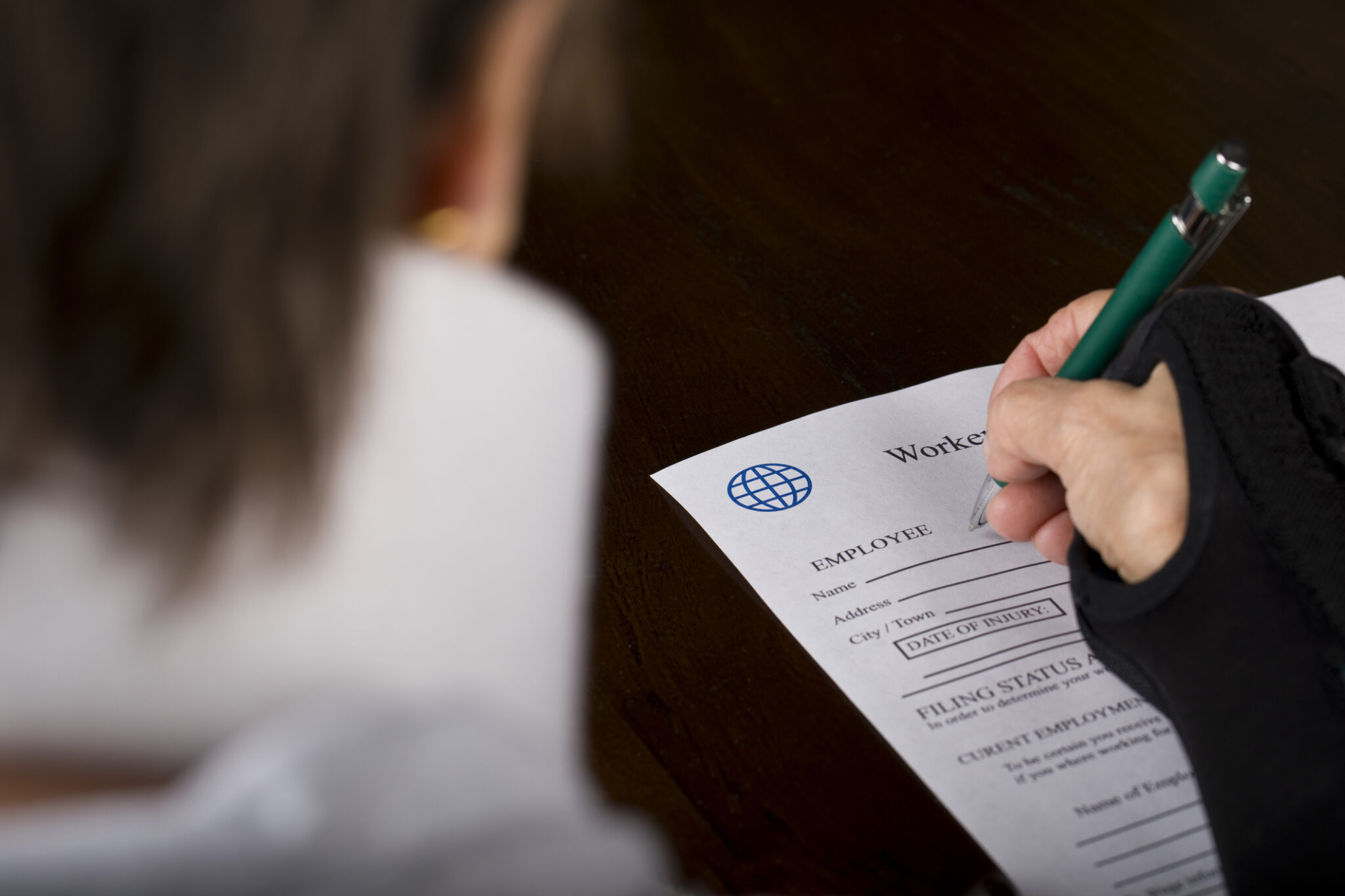Fighting For You in California
When you suffer an injury, the last thing you want to consider is insurance, particularly if the injury has robbed you of your ability to work. The insurance industry is set up to confuse and ultimately deny you the benefits and compensation you are entitled to, mainly if your injury results from workplace negligence.
Personal injury laws in California can be confusing. It can be challenging to determine what type of claim to file, who to talk to about your rights, and who to trust to give you reliable information. For these reasons, you must obtain skilled legal representation that will stay strong when challenged by workplace politics and insurance company delay tactics.
At Espinoza Law Firm, we are dedicated to helping individuals with job-related injuries. Contact our office to schedule a free consultation with one of our personal injury lawyers at 213-667-0701.
What Are the Differences Between Worker’s Compensation and Personal Injury Claims?<h2
Understanding the differences between worker’s compensation and personal injury claims is difficult enough without the stress of an injury. However, knowing the differences becomes crucial once you have sustained an injury. Below are some of the critical components of worker’s compensation.
- All employees who suffer an injury while at work or performing their essential job functions are covered to be eligible for worker’s compensation
- Independent contractors and volunteers are usually not qualified under these plans. It usually does not matter who was at fault for the accident or injury
- Coverage: The breadth of worker’s compensation is wide. It generally covers medical expenses related to the injury or illness and some of the lost wages during recovery, though usually not all. If a permanent disability occurs, some of those medical expenses may be covered
- The most critical difference between personal injury claims and worker’s compensation is that worker’s compensation is a no-fault system. A no-fault system means that the claim will be paid no matter who caused the injury or illness as long as it was within the scope of the employee discharging their duties.
- In exchange for the no-fault system, there is an understanding of exclusivity, which means that employees generally cannot sue employers for additional damages; however, in cases of purposeful harm or gross negligence, there may be exceptions. It is always best to consult with an attorney.
At Espinoza Law Firm, we are on your side from day one. We take on insurance companies and employers, so you don’t have to. Let us take this burden from your shoulders. Call us to schedule your free consultation.
How Are Personal Injury Claims Structured?
Generally, personal injury claims stem from injuries caused by negligence, intentional actions, or another party’s recklessness. You should know a few things about personal injury claims in California.
- People who suffer injuries due to another person’s negligence are eligible to file a personal injury claim. There are many different kinds of injuries that can fall under this umbrella. Some of the most commonly seen are injuries from car accidents, defective products, slip-and-fall incidents, or medical malpractice
- Personal injury claims are more comprehensive than worker’s compensation and allow victims to seek a wide range of damages. These damages may include medical expenses, lost wages, pain and suffering, and emotional distress. In some cases, punitive damages are even possible.
- Personal injury claims require that the injured person (the plaintiff) be able to prove the negligence of the other party or their actions directly caused the injury or illness.
Legal counsel will be in the best position to negotiate with insurance companies and represent you in litigation if a fair settlement cannot be reached. Every case is different, so you need the most formidable legal team fighting for you. At Espinoza Law Firm, we will get you and your loved ones the best compensation for your injuries.
What is Contributory Negligence?
Contributory Negligence is a law in California that states that if someone shares in the negligence of causing harm to others, they cannot recover damages. It does not matter if the degree of contribution was 1% or 99%. If it contributed, no damages can be recovered by that party. Consult your personal injury lawyer for more detailed information about contributory negligence and whether it applies to your case.
What if My Worker’s Compensation Claim is Denied?
There are many reasons that a worker’s compensation claim may be denied. As a covered employee, you have rights. Do not allow yourself to be intimidated by insurance companies and your employer simply because they are bigger than you. Just like the schoolyard bully, they are programmed to pick on those who believe they are powerless. Do not let them convince you you are stupid because they use confusing terms or double-talk. There are steps you can take to protect yourself:
- Ask questions about the denial
- Seek legal counsel
- File an appeal
- Cooperate with medical examinations
- Attend all meetings
- Pursue litigation if necessary
When Should I Contact a Personal Injury Lawyer?
Accidents happen. Nobody wants to think about being injured, and you shouldn’t live in fear, but if you or a loved one is injured on the job, contact Espinoza Law Firm. We understand the difficulty and uncertainties you are facing at this time. We empathize with the trauma these injuries cause families. Your job now is to heal. Let us negotiate with doctors and insurance companies. We take the burden from your shoulders. Call us at 213-667-0701 to schedule your free consultation.





